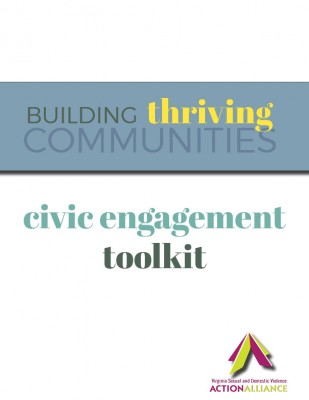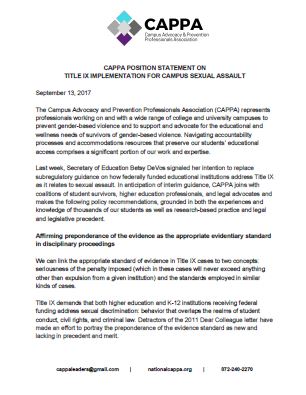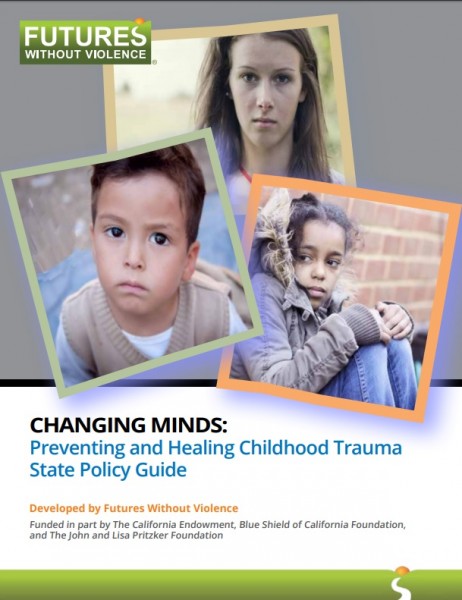Resources Library: Multidisciplinary
Start a Search:
Building Thriving Communities Toolkit

A toolkit to help unlock the power of individuals and communities to create a world in which all of us thrive.
The Building Thriving Communities: Civic Engagement Toolkit seeks to transform Virginia communities by increasing public participation in voting for candidates who align with their values and other means of civic engagement that promotes healthy futures.
Download the entire toolkit all at once to find all of these resources (below) designed to support you in increasing community engagement with voting, the formation of public policy, and becoming active participants in democracy. Or you may download the handouts and guides separately.
The core component of the campaign is to build authentic connections between people, across differences, and around issues that make communities healthy, safe, just, and compassionate for all.
This is a long-term campaign that draws upon the strength of the movements to end domestic and sexual violence: each person having a voice that is valued and respected, sharing stories as a tool for building understanding and mobilizing action, and empowering individuals and groups to bring about change in their own lives, in communities, and in the world.
The toolkit provides educational resources on civic engagement and strategies to engage communities and candidates.
Toolkit features:
- * guide for facilitating community conversations around civic engagement;
- * questions for candidates to build trauma-informed communities and systems;
- * legislative advocacy guide;
- * voting basics handout;
- * print-ready posters to encourage voting for a #radicallyhopefulfuture;
- * print-ready handout about why voting matters.
CAPPA Position Statement On Title IX Implementation For Campus Sexual Assault

The Campus Advocacy and Prevention Professionals Association (CAPPA) represents professionals working on and with a wide range of college and university campuses to prevent gender-based violence and to support and advocate for the educational and wellness needs of survivors of gender-based violence.
Celebrating 40 Years of the Action Alliance

As the Action Alliance celebrates its 40th anniversary in 2021, this poster highlights 40 milestones in the movement to end sexual and domestic violence in Virginia. The visual theme likens the many stories and diverse viewpoints that make up this movement -- like scraps of fabric are joined together into a single quilt.
In addition to this beautiful poster, we're celebrating by collecting stories from people who have been part of this coalition to end sexual and domestic violence in Virginia these past 40 years -- people like you! These stories will be viewable on a public web-based timeline. We'll be unveiling this timeline at our Act.Honor.Hope gala (Dec. 3rd, 6-8pm), and will highlight some stories on social media leading up to the launch. Share your story on our timeline!
CHANGING MINDS: Preventing and Healing Childhood Trauma State Policy Guide

From a national stakeholders gathering of state and local leaders, federal partners, philanthropy, and others, this guide was developed to address how health, education, child welfare, justice, and child development organizations can further the prevention and healing of childhood trauma at the state level.
The objectives for this state policy guide are to outline approaches that can be adapted based on a state’s circumstances and community needs, and address the reality that children grow up and develop in the context of their families, communities, and cultures. Let’s work to prevent and end childhood trauma together.
Click here to access this resource from Futures Without Violence.
Charting the Path Forward from Campus Prevention Network
In the six years since the release of the Dear Colleague Letter, and the four years since the passage of the VAWA amendments to the Clery Act, colleges and universities across the country have devoted unprecedented attention, time, and resources to preventing sexual assault on campus. EverFi’s Campus Prevention Network, in collaboration with It’s On Us, has examined the current state of sexual assault prevention to identify positive national trends in higher education and spotlight areas that schools need to continue to focus their attention. Among the findings, this report highlights:
- Nearly 50% of college presidents have spoken publicly about sexual assault three or more times in the past year; only a quarter of college presidents did not speak about sexual assault publicly in the past year;
- While fewer than a third of campuses (27.9%) reported stable, consistent funding for evaluation efforts of their prevention programming, nearly all campuses are engaging in at least one evaluation effort of their prevention programming despite funding challenges;
- Peer educators are playing an increasingly prominent role in delivering sexual assault prevention programming on campus; schools and colleges need to ensure peer educators receive appropriate supervision and training to fulfill their responsibilities successfully;
- Significant differences in funding and staffing levels for prevention exist across institutions, particularly in relation to school size; increased investment in prevention is necessary for ongoing impact and progress.

